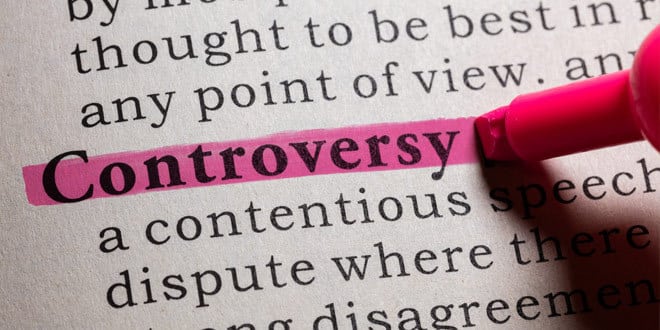We generally have consensual sex for three reasons. First is procreative, which is sex for the purposes of reproduction. Second is relational, in which sex is used to secure and maintain relationships like marriage. That’s about bonding and societal, structural stability. The third is recreational.
Recreational sex is where society starts to get a bit uncomfortable with things. Procreative sex is encouraged, necessary even, for the survival of our species. Relational sex is also normal within certain confines, specifically marriage, according to cultural norms. Recreational sex, sex for pleasure, has had a harder time courting cultural acceptability. Why?

Western culture has long had an undercurrent of recreational sexuality. Masturbation, sex work, non-monogamy, group sex, and BDSM have been with us for all our recorded history, and yet it’s judged harshly by the wider population – who, it might be assumed, aren’t partaking. It was tolerated by religious and civil authorities as long as it remained discreet and undercover. As soon as it becomes too visible, then it’s a problem, and this attitude still permeates our behavior even now. The fear that society might be perverted and the social order threatened by recreational sex was real and remains real.
As a result, those with a flagrant and highly visible attitude to sex have been subject to fines, imprisonment, corporal punishment, and even execution, throughout the ages. Great books and legal codes have developed around the mandate to keep recreational sex under wraps and in check, and much of our morality is based on those social regulations.
In 1948, Alfred Kinsey published the first scientific account of male sexuality, and followed it up in 1953 with the corresponding account of female sexuality. It revealed something that was difficult for 50s America to reconcile: a lot of people were having sex for pleasure. Most of them, in fact. Some of them were routinely having recreational sex. The illusion was shattered: Americans were having sex for reasons above and beyond those mandated by God and the church, and conservative opinion was fractured about it.
Kinsey’s research, and countless others since, has shown that recreation is the most common type of sex, alongside masturbation, and that they were enjoyed fairly prevalently. And yet, society persisted unabated.
Sex is more visible than ever before right now. It’s become so intrinsic that it’s hard to imagine our society without it. Much of our literature, movies, TV, newspapers, songs, and interactions have become enriched by it, to the extent that it is as much a part of our shared cultural psyche that the trend seems impossible to reverse. Meanwhile, religious conservatives continue to insist that sex for fun is harmful, and that it will spell the end of civilization.
Social conservatives account for around 40% of the US population, which is a very significant number, and they worry about the effect sex for pleasure is having on America. They often believe that we should “save” our “virginities” for marriage, despite the fact that only 5% of us are virgins when we get married. And that’s assuming the concept of virginity has any inherent value at all, which it doesn’t.
What it means, though, is these conservative convictions almost always give way to lust. The same group who eschew masturbation as a ticket to hell are also doing it, statistically, since masturbation is the most common form of recreational sex on the planet.
A group of scientists at the University of California compared 132 men who’d sought treatment for “porn addiction” with a control group of 569 men. There was a significant difference: those who had sought help for the troubling effects of pornography use were significantly more religious. Oklahoma did a similar test of 1600 men and women, and the more religious the participants, the greater the sense of guilt, anxiety, and shame they reported – even though the social outcome was exactly the same as those who reported less religious feeling.
There are countless similar case studies that showcase a correlation between religious observance and anxiety about sex for pleasure. But, as sex becomes more and more visible and prominent in our lives, and we begin to understand that it has always been that way, at what point do we acknowledge that society continues unabated? At what point do we finally relinquish the mistaken belief that everything will fall apart if we give in to pleasure?
